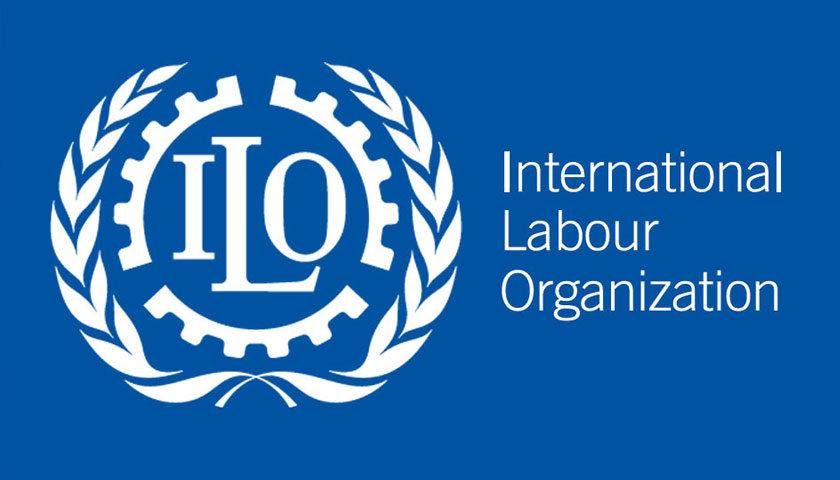The International Labour Organization has welcomed a G7 Labour and Employment Ministers’ Declaration, focusing on the need to invest in human capital and decent work.
The meeting in the Japanese city of Kurashiki, which took place 22 – 23 April, concluded with a statement highlighting governments’ commitments to address key issues facing the world of work.
These include the need for decent work and worker engagement; lifelong learning and investment in skills; inclusive labour markets; and gender equality, including the importance of promoting paternity leave in workplaces and in the social and solidarity economy.
The Declaration noted that workers and their families face an uncertain future against the backdrop of an uneven recovery from the COVID-19 pandemic, climate change, inflation, the erosion of real wages and structural changes such as the digital and green transformations and demographic changes.
‘To respond to these challenges, a wide range of investments in human capital is important, including skill development and the development of an inclusive labour market to promote quality jobs, enable decent work, including along global supply chains, and leave no one behind,’ the Declaration stated.
The ILO Director-General, Gilbert F. Houngbo echoed the need for such investments, in two interventions at the G7 meeting, on developing inclusive labour markets for women and youth, and on enhancing work engagement and promoting decent work.
He pointed to the impact of multiple crises on the world of work, which have led to deepening inequalities in labour markets, particularly affecting women and young people. He also stressed the importance of maximising labour supply by developing inclusive labour markets including for older workers and people with disabilities.
Enhancing work engagement through decent work, he said, is necessary to prevent and reduce inequalities, especially those caused by the unequal distribution of real incomes and high inflation.
‘We need to ensure adequate wages and remuneration, particularly for the millions of low-paid workers. Statutory or negotiated minimum wages are key to ensuring adequate standards of living, and to limit wage inequality and increase the income share of the poorest,’ Houngbo said.
Houngbo stressed the link between higher wages and productivity and the importance of collective bargaining in achieving productivity gains. He also highlighted the need to promote safe and healthy working environments, a better work-life balance, diversity and inclusion and career development and lifelong learning.
‘The range of measures that I have described can contribute to reducing the global jobs gap, strengthening the quality of employment and protecting real incomes,’ he added.
Ministers adopted a ‘G7 Action Plan for Promoting Career Development and Greater Resilience to Structural Changes’, which reflected many of the issues raised by the ILO Director-General.
They committed to:
- support workers and enterprises to improve work engagement and to promote decent work by implementing measures to reduce inequality;
- promote adequate wages for workers;
- ensure occupational safety and health;
- promote health and well-being at work;
- improve human resource management and support career development;
- promote high quality care-related jobs;
- ensure compliance with Fundamental Principles and Rights at Work;
- and build more resilient and sustainable global supply chains.



